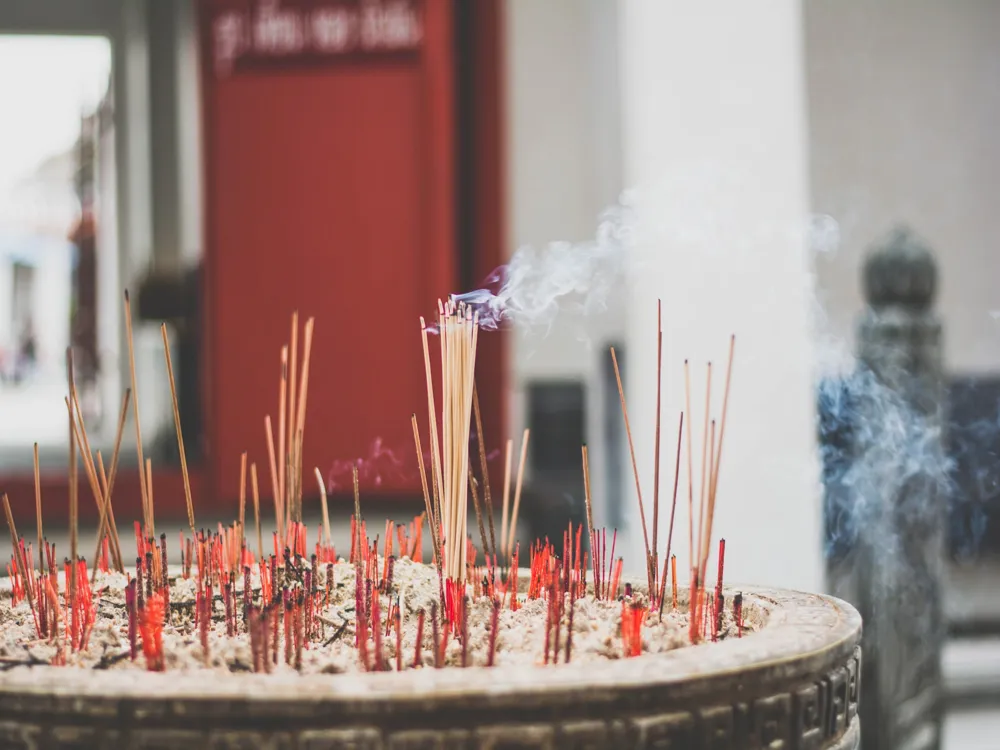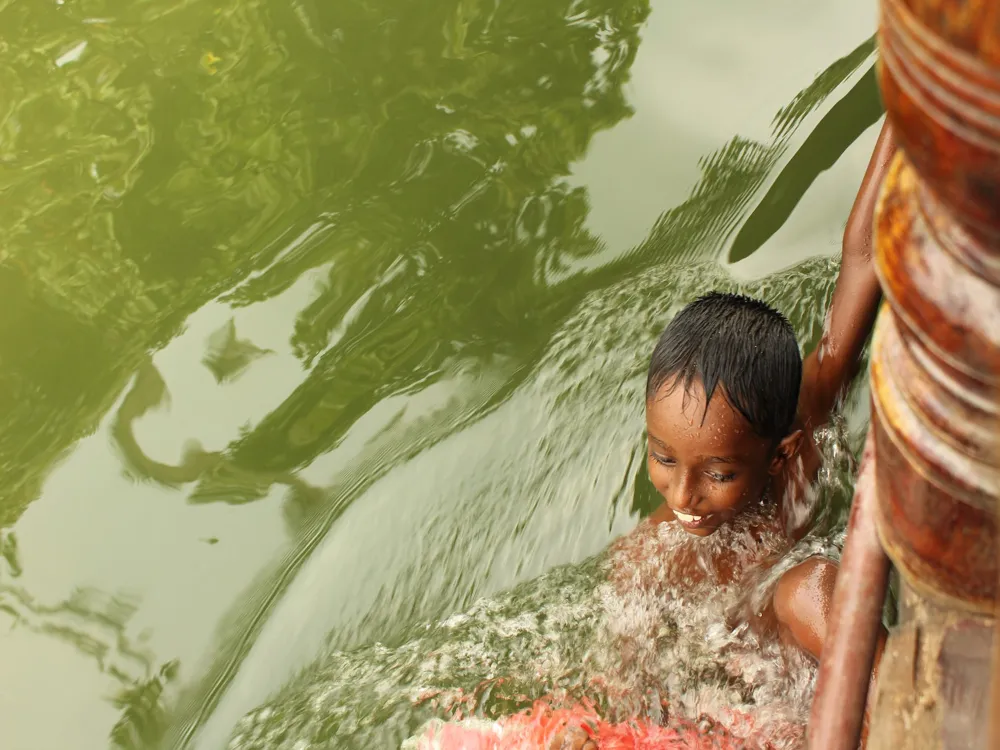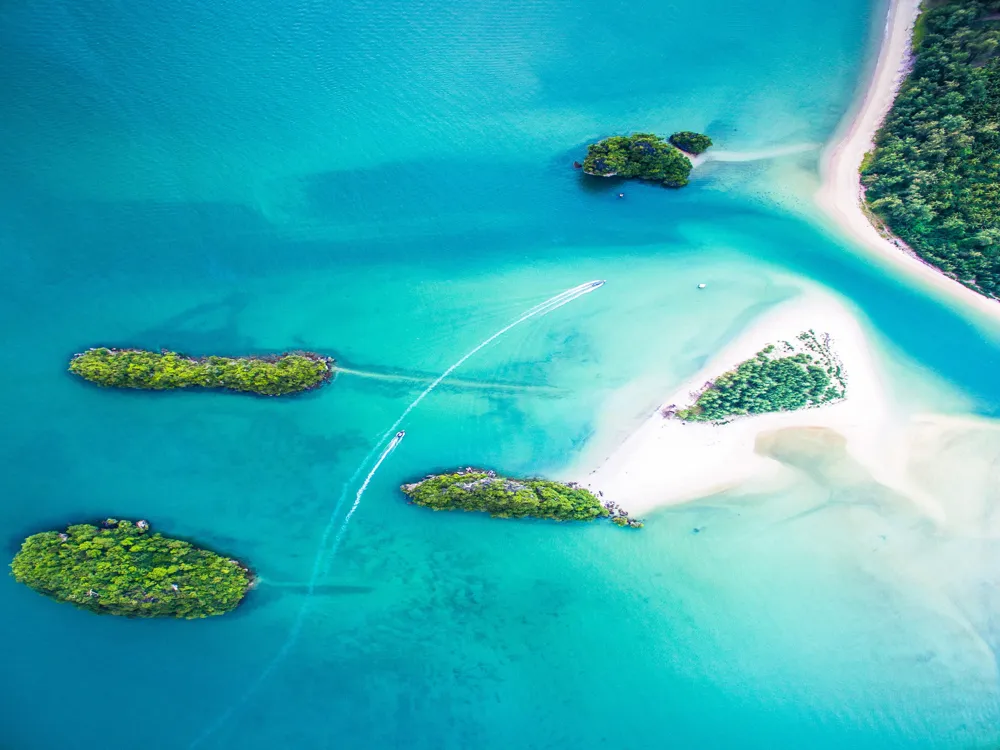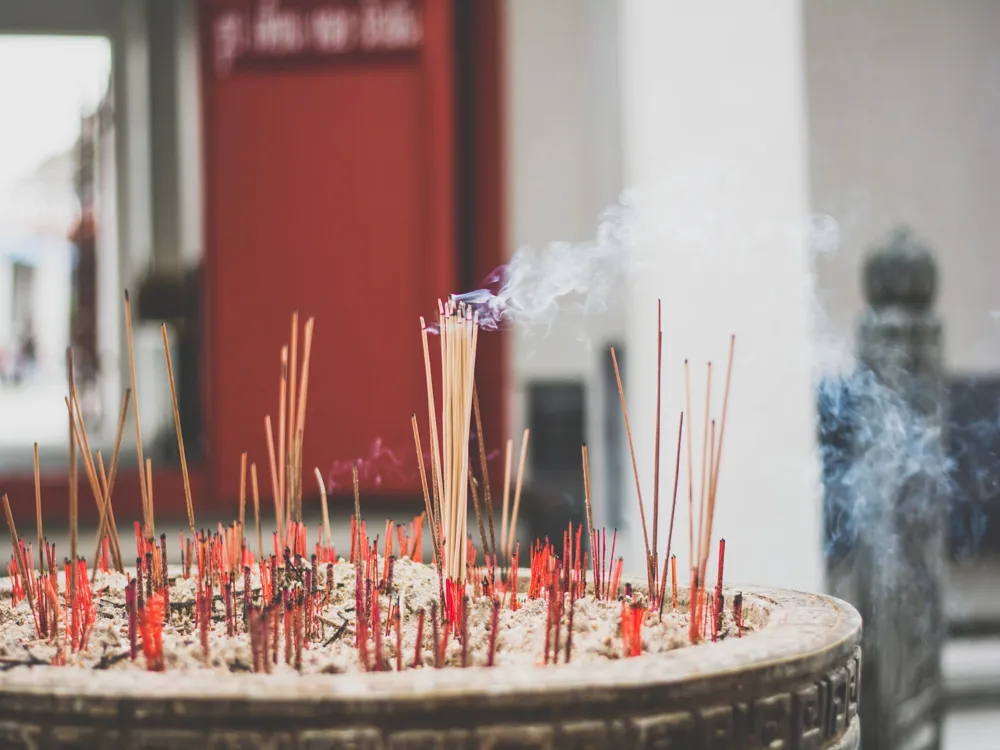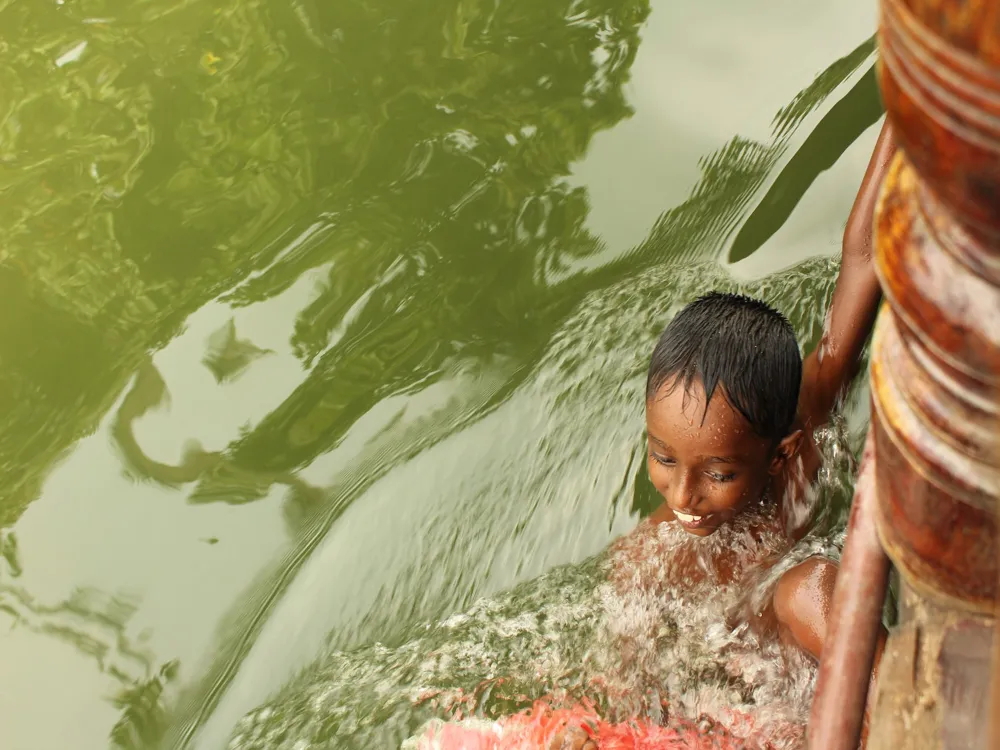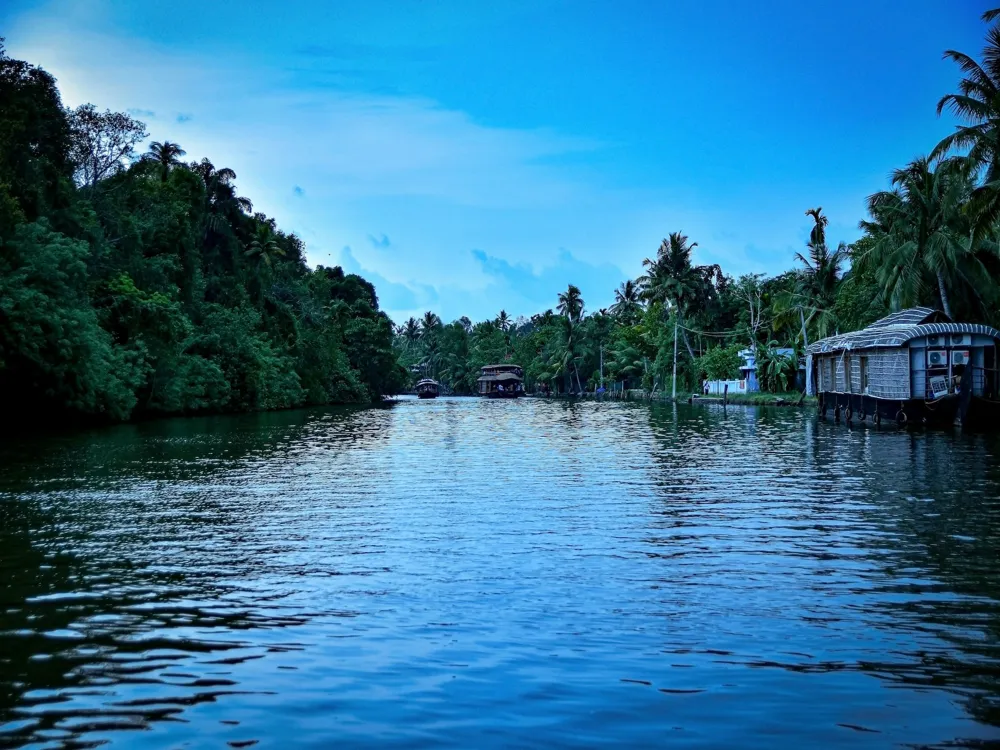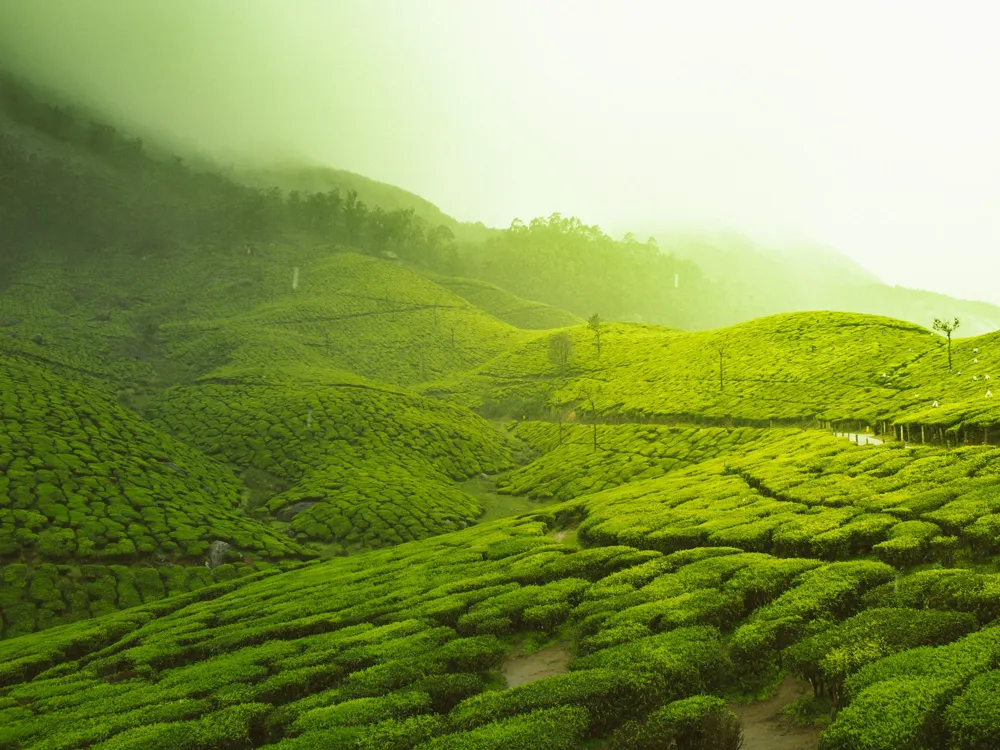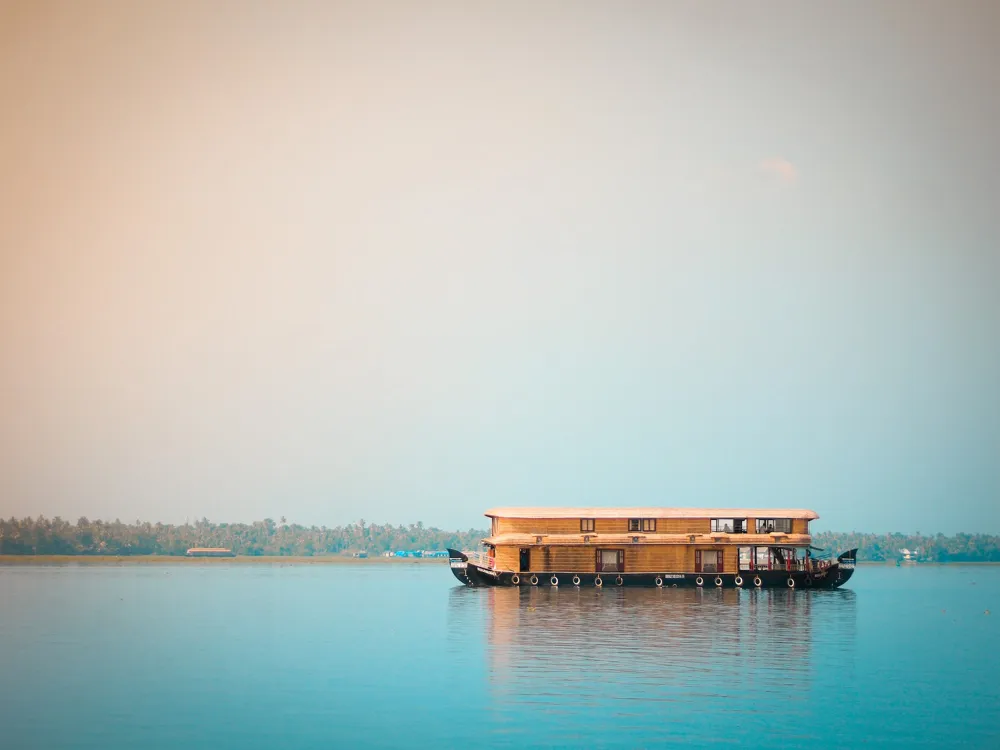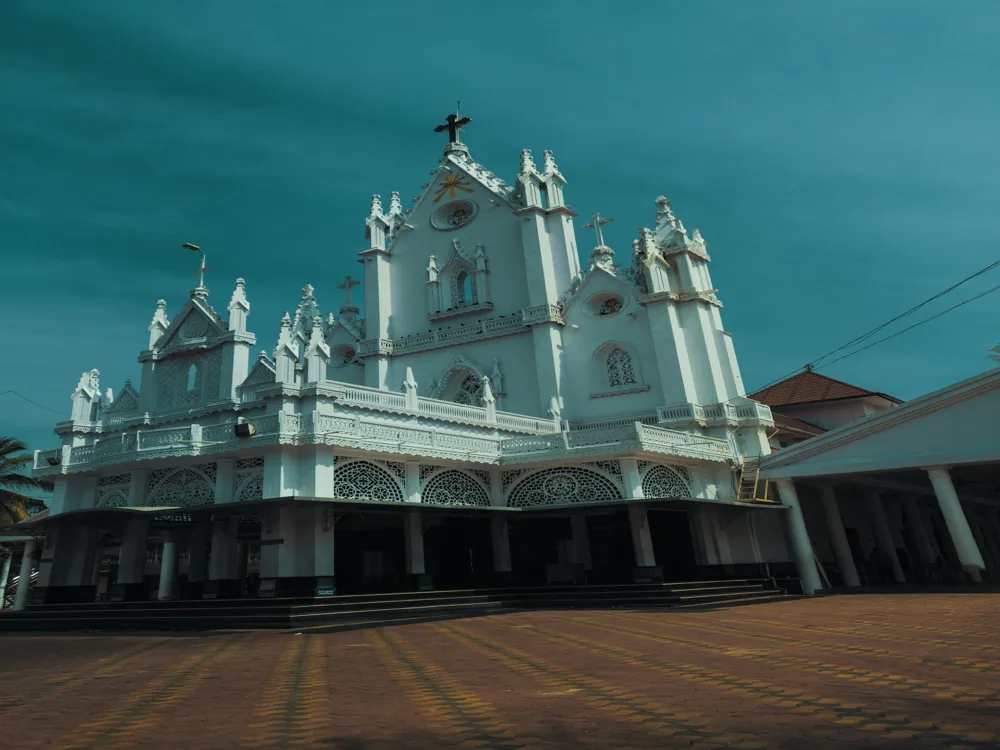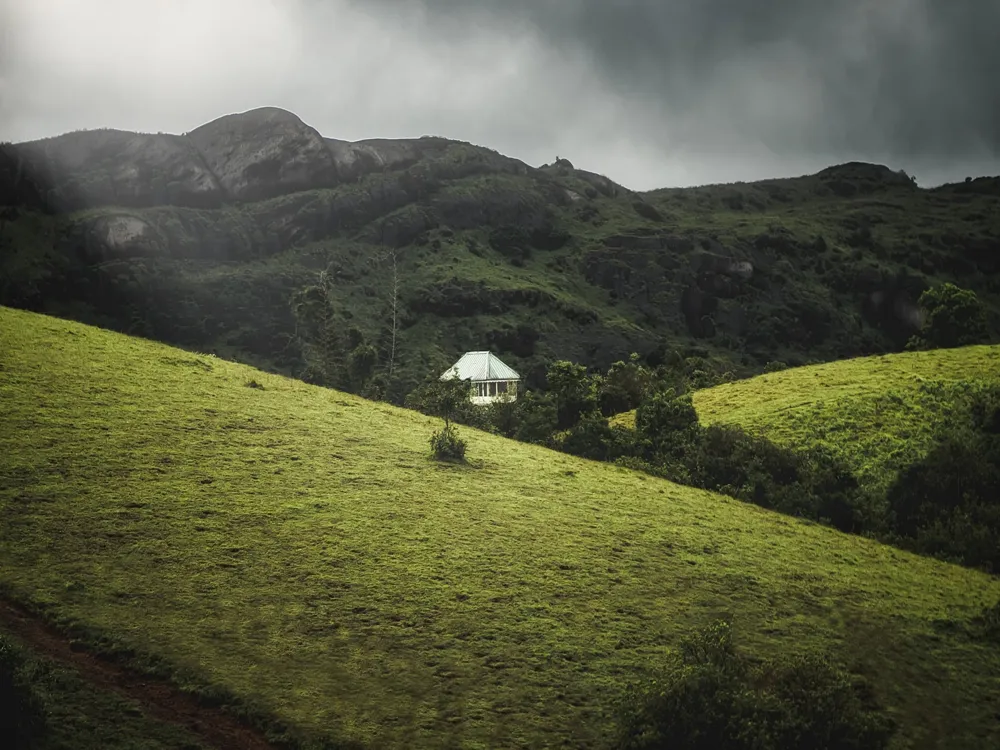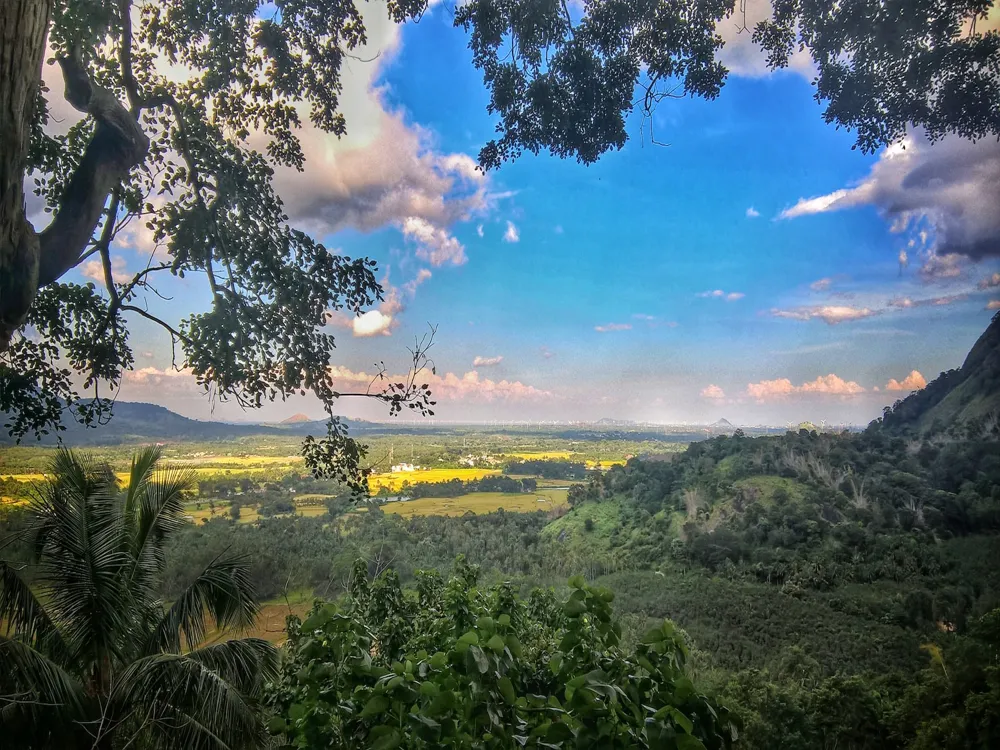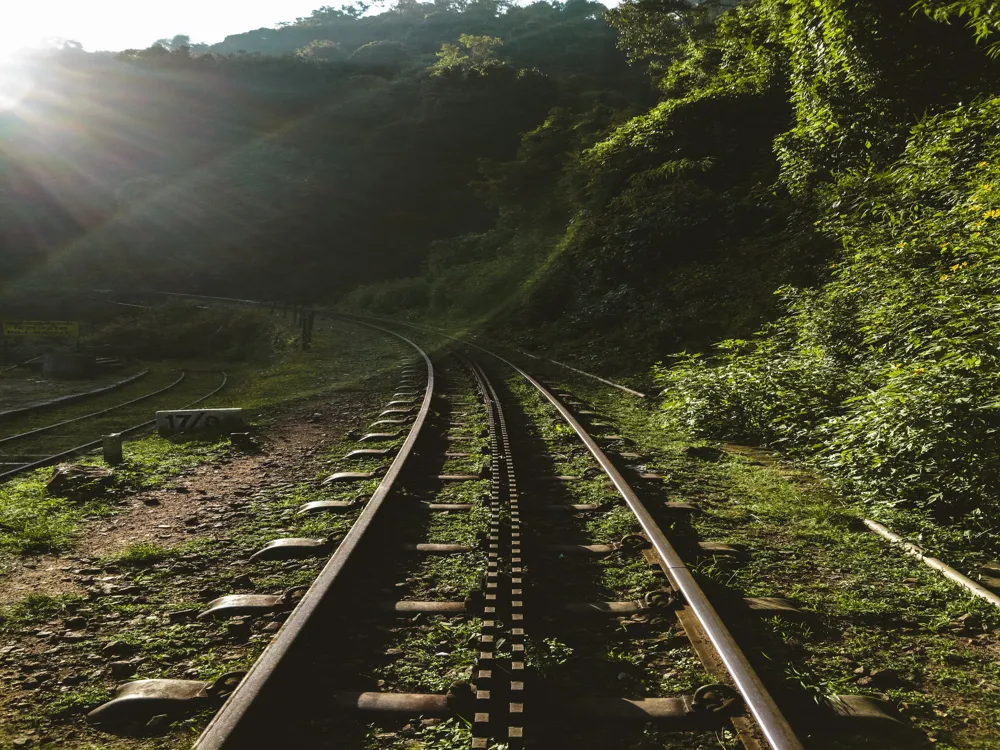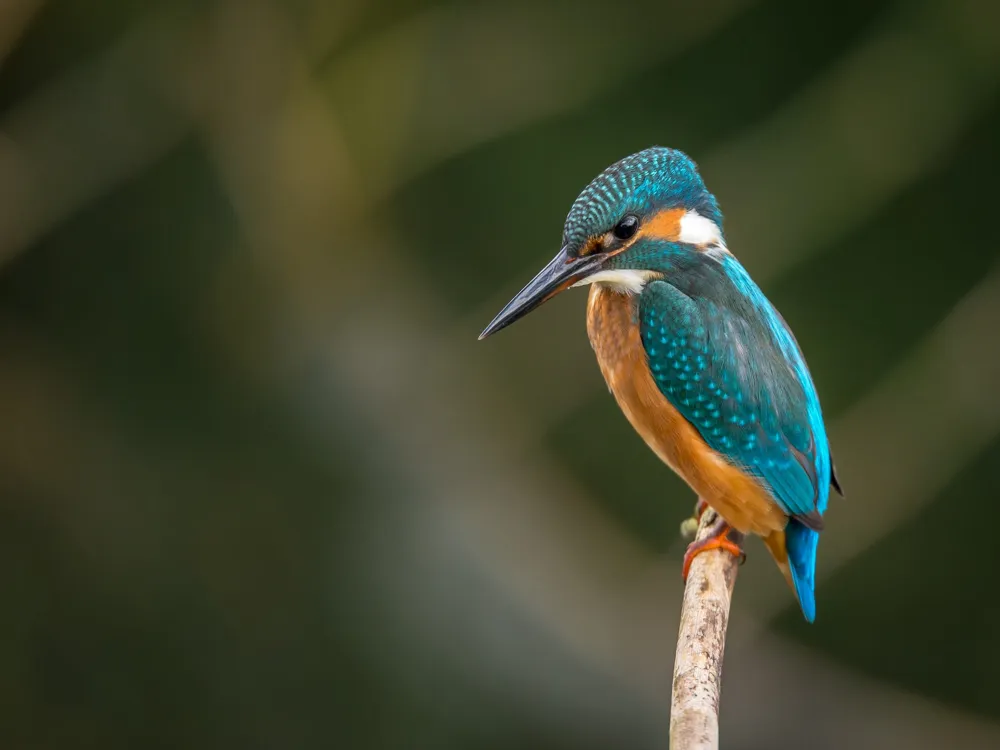Mannarasala Sree Nagaraja Temple, nestled in the verdant greenery of Alleppey, Kerala, is an ancient and unique temple dedicated to Lord Nagaraja, the serpent god. This temple, steeped in myths and legends, holds a special place in the hearts of devotees and tourists alike. Its origins are enshrouded in mystery and are believed to be linked to the age-old worship of snakes in Kerala's cultural history. The temple's profound spiritual atmosphere is palpable, drawing thousands of visitors each year who seek blessings and partake in its sacred rituals. The Mannarasala Sree Nagaraja Temple's history is rich with folklore. It's said to have been established by Parasurama, the legendary creator of Kerala. According to belief, Parasurama installed the idol of Nagaraja after receiving an assurance of eternal blessings from the deity. This temple is unique because of its matriarchal system of priesthood, a rarity in Indian temple practices. The temple's priestess, known as 'Mannarasala Amma', is a revered figure, and her presence adds to the temple's distinct character. Throughout the year, Mannarasala Sree Nagaraja Temple celebrates numerous festivals and rituals, with the most significant being the Ayilyam festival. During this time, the temple comes alive with vibrant ceremonies, processions, and offerings. Devotees offer milk, rice flour, turmeric, and other items to the serpent gods, seeking their blessings for fertility, health, and prosperity. The temple's association with fertility is particularly strong, with many childless couples visiting to pray for offspring. Visitors to Mannarasala Sree Nagaraja Temple are struck by its serene ambiance, enhanced by the dense grove that surrounds it. The temple's architecture, rituals, and the very atmosphere are imbued with the mystique of serpent worship. The temple's design reflects traditional Kerala style, harmoniously blending with nature. Its sacred grove, or 'Sarpa Kavu', is home to countless stone idols of snakes, each with its own story and significance. The temple's intricate carvings, mural paintings, and architectural details are a testament to Kerala's rich cultural heritage. The architecture of Mannarasala Sree Nagaraja Temple is a splendid example of traditional Kerala temple architecture, embodying both spiritual and aesthetic elements. The temple structure is characterized by its simplicity and natural integration with the surrounding forest. The primary material used in its construction is wood, reflecting the traditional architectural style of the region. The temple's roof is covered with copper plates, and the woodwork showcases intricate carvings depicting various mythological scenes and figures. One of the most striking features of Mannarasala Temple is its 'Sarpa Kavu', or sacred snake forest. This natural sanctuary, dedicated to serpent gods, is an integral part of the temple's architecture and spiritual ambiance. The forest is a dense grove where numerous stone and copper serpent idols are installed. These idols are often seen adorned with turmeric, a significant offering in serpent worship. The lush greenery of the grove provides a tranquil environment, enhancing the spiritual experience of devotees. The sanctum sanctorum of the temple, where Lord Nagaraja is enshrined, is an architectural marvel. The idol of Nagaraja is placed beneath a tree, symbolizing the deep connection between nature and divine power. The mural paintings on the walls of the temple depict scenes from Hindu mythology and are renowned for their artistic value and vivid portrayal of ancient stories. The temple's architecture also includes a 'mandapam' or hall, used for conducting rituals and ceremonies. This space is adorned with beautiful wooden columns and ceilings, showcasing the craftsmanship of traditional Kerala artisans. Another notable aspect of the temple's architecture is its alignment with Vastu Shastra, the ancient Indian science of architecture and space. The temple is designed to ensure a harmonious balance of the five elements, creating a space conducive to spiritual practices. The layout of the temple, its orientation, and the positioning of the idols all align with Vastu principles, believed to attract positive energy and provide a peaceful sanctuary for worshippers. Visitors to Mannarasala Sree Nagaraja Temple should adhere to a traditional dress code. Men are expected to wear dhotis, while women should wear sarees, long skirts, or salwar kameez. Modest attire is appreciated, reflecting the temple's sacred nature. Devotees are also advised to maintain a quiet and respectful demeanor within the temple premises. Devotees can participate in various offerings and rituals. Popular offerings include milk, turmeric, and rice flour, which are believed to appease the serpent gods. It's advisable to inquire about the appropriate rituals and their timings at the temple office. Participating in these rituals is a unique spiritual experience. Photography is generally restricted inside the temple, especially near the sanctum sanctorum. Visitors are advised to respect these restrictions and avoid photography in prohibited areas. This ensures the sanctity of the temple is maintained and provides a disturbance-free environment for devotees. The best time to visit Mannarasala Sree Nagaraja Temple is during the Ayilyam festival, usually held between September and October. However, visitors can also experience a peaceful visit during off-peak seasons. The temple's serene environment is particularly enchanting during the monsoon season. Understanding and respecting local customs and traditions is important. Devotees often observe fasts or perform specific rituals before visiting the temple. Engaging with local guides or priests can provide valuable insights into the temple's history and customs. Mannarasala Sree Nagaraja Temple is accessible by various modes of transportation. The nearest airport is Cochin International Airport, approximately 115 kilometers away. Visitors can hire taxis or use public transport to reach the temple from the airport. The nearest railway station is Haripad, about 3 kilometers from the temple. Autorickshaws and local buses are available from Haripad station to Mannarasala. For those traveling by road, the temple is well-connected to major cities in Kerala through the national highway. Ample parking space is available near the temple for visitors traveling by personal vehicle. Read More: Overview of Mannarasala Sree Nagaraja Temple of Alleppey, Kerala
Architecture of Mannarasala Sree Nagaraja Temple
Tips When Visiting Mannarasala Sree Nagaraja Temple
Dress Code and Conduct
Offerings and Rituals
Photography Restrictions
Best Time to Visit
Local Etiquette
How To Reach Mannarasala Sree Nagaraja Temple
Mannarasala Sree Nagaraja Temple
Alleppey
Kerala
₹ 8,999 onwards
View alleppey Packages
Weather :
Tags : Temple
Timings : 5:00 AM - 12:00 PM
Time Required : 1 - 2 hrs
Festivals : Mannarasala Aayilyam, Shivaratri
Deity : Mannarasala Aayilyam, Shivaratri
Planning a Trip? Ask Your Question
Alleppey Travel Packages
View All Packages For Alleppey
Top Hotel Collections for Alleppey

Private Pool

Luxury Hotels

5-Star Hotels

Pet Friendly
Top Hotels Near Alleppey
Other Top Ranking Places In Alleppey
View All Places To Visit In alleppey
Faq on Alleppey
What is Mannarasala Sree Nagaraja Temple?
Mannarasala Sree Nagaraja Temple is a renowned Hindu temple dedicated to the serpent deity Nagaraja, located in Alleppey district of Kerala, India.
What is the significance of Mannarasala Sree Nagaraja Temple?
The temple is known for its association with serpent worship and is believed to possess mystical powers for the well-being and fertility of devotees.
How old is Mannarasala Sree Nagaraja Temple?
The exact age of the temple is uncertain, but it is considered ancient, with historical and mythological references dating back several centuries.
What rituals are performed at Mannarasala Sree Nagaraja Temple?
Various rituals including Naga Puja (serpent worship), Ayilyam Puja, and Sarpa Yakshi worship are performed at the temple to appease the serpent gods.
Is Mannarasala Sree Nagaraja Temple open to all visitors?
Yes, the temple is open to all visitors regardless of their caste or creed, but certain rituals may have specific guidelines or restrictions.
View alleppey Packages
Weather :
Tags : Temple
Timings : 5:00 AM - 12:00 PM
Time Required : 1 - 2 hrs
Festivals : Mannarasala Aayilyam, Shivaratri
Deity : Mannarasala Aayilyam, Shivaratri
Planning a Trip? Ask Your Question
Alleppey Travel Packages
View All Packages For Alleppey
Top Hotel Collections for Alleppey

Private Pool

Luxury Hotels

5-Star Hotels

Pet Friendly
Top Hotels Near Alleppey
Other Top Ranking Places In Alleppey
Faq on Alleppey
What is Mannarasala Sree Nagaraja Temple?
Mannarasala Sree Nagaraja Temple is a renowned Hindu temple dedicated to the serpent deity Nagaraja, located in Alleppey district of Kerala, India.
What is the significance of Mannarasala Sree Nagaraja Temple?
The temple is known for its association with serpent worship and is believed to possess mystical powers for the well-being and fertility of devotees.
How old is Mannarasala Sree Nagaraja Temple?
The exact age of the temple is uncertain, but it is considered ancient, with historical and mythological references dating back several centuries.
What rituals are performed at Mannarasala Sree Nagaraja Temple?
Various rituals including Naga Puja (serpent worship), Ayilyam Puja, and Sarpa Yakshi worship are performed at the temple to appease the serpent gods.
Is Mannarasala Sree Nagaraja Temple open to all visitors?
Yes, the temple is open to all visitors regardless of their caste or creed, but certain rituals may have specific guidelines or restrictions.








